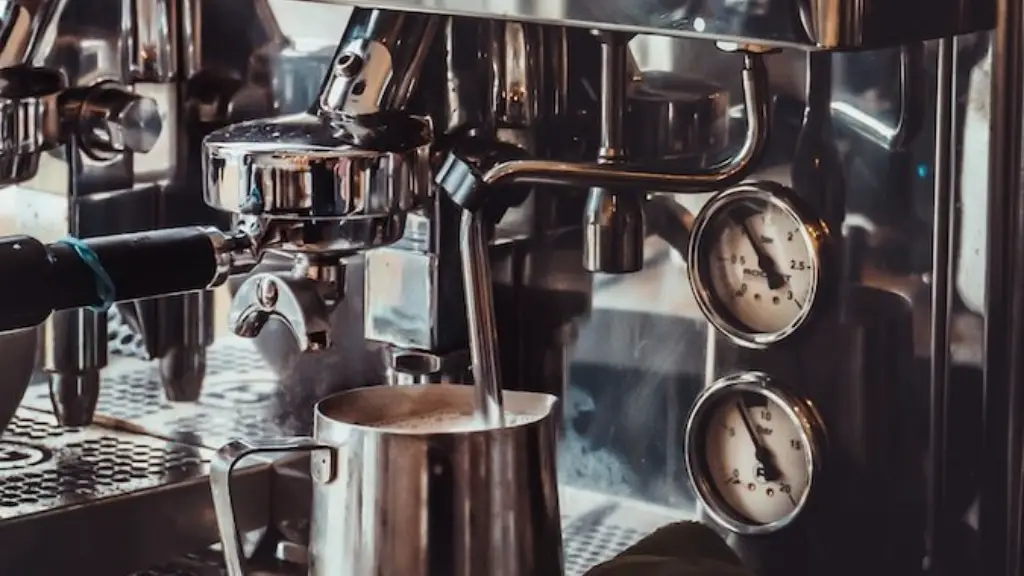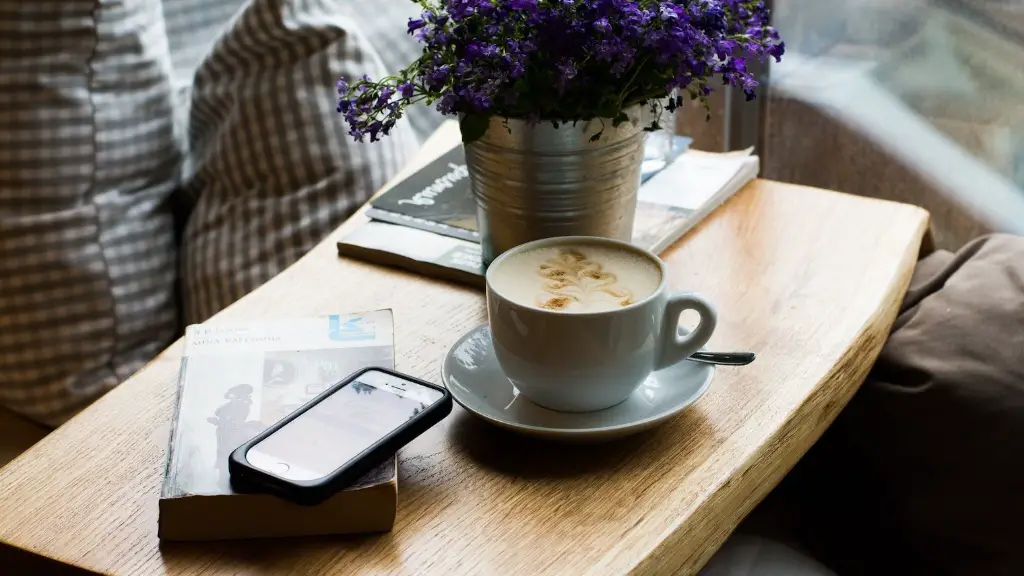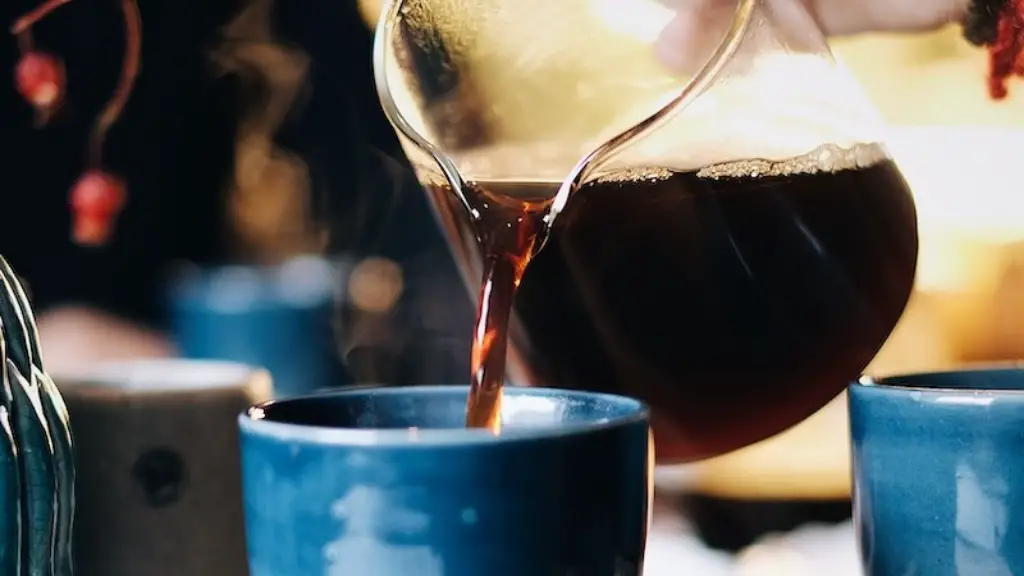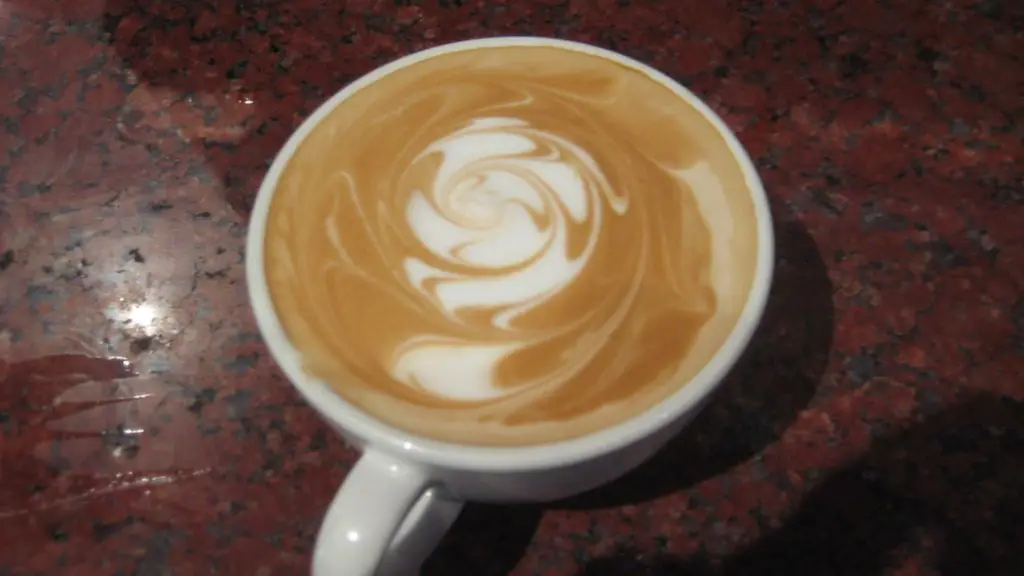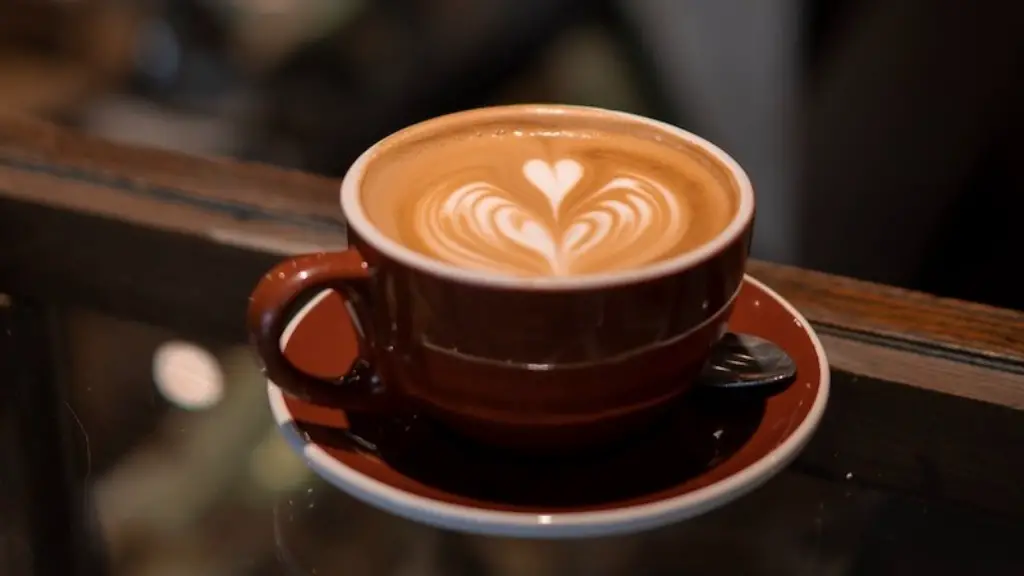When it comes to grinding coffee beans, there is no definitive answer. Some coffee aficionados swear by grinding beans right before brewing, while others argue that grinding beans far in advance yields better-tasting coffee. Ultimately, the best answer is to experiment to see what works best for you. If you’re using a Blade Grinder, we recommend grinding beans right before brewing. If you’re using a Burr Grinder, you can experiment with grinding beans in advance to see if it makes a difference in the flavor of your coffee.
The best time to grind coffee beans is right before you brew your coffee. If you grind the beans too early, they will lose their flavor.
How early should you grind coffee beans?
It is important to grind your coffee beans just before brewing in order to get the most flavor out of them. If you grind them too far in advance, the flavor will start to dissipate.
You can store ground coffee in an airtight container for up to three days. After that, the coffee will start to go rancid and lose its flavor.
When should I grind my coffee finer
If your coffee tastes watery and acidic, it may be because you’re grinding your beans too coarsely. Try a finer grind and see if that fixes the issue. If your coffee tastes overly bitter, it may be because you’re grinding too finely. A coarser grind may improve your brew.
Batch grinding coffee beans is not the best way to grind coffee beans if you want to get the most flavor from your coffee. The top layer of coffee beans (the most exposed) will only be fresh for 20-30 minutes after being ground. The lower levels of coffee beans will be less exposed to oxygen and will have a longer peak freshness.
Why do you spray coffee beans before grinding?
The main reason people are encouraged to spray coffee beans prior to grinding is because this reduces the amount of static. Therefore you have less coffee grounds sticking to the side of your portafilter/grinder so you use all of the grounds whilst creating less mess.
By grinding your beans ahead of time, you are exposing more of the surface area of the bean to oxygen which will accelerate the oxidation process. This will cause the beans to lose flavor over time, so it is best to grind them just before brewing for the best flavor.
Can you grind beans right after roasting?
It is best to wait around a week after the roast date to grind your beans. By waiting, the degassing and oxidation process slows down, allowing for better flavor.
Pre-ground coffee is not ideal because it loses its flavor and aromatic intensity after 30 minutes. If you must buy pre-ground coffee, try to use it as soon as possible for the best flavor.
Can I refrigerate grinded beans
Coffee should be stored in an airtight container in a cool, dark place. The fridge is not the ideal place to store coffee as it is not cold enough to keep your coffee fresh. Coffee will also absorb any aromas in your fridge.
The results of the study showed that grinding coffee twice produces more fines, which requires a coarser grind setting to get the same shot time, and lowers extraction. This is supposedly because of increased channelling. However, the taste results didn’t match this picture at all. The study found that the taste of the coffee did not change when the grind was changed from a coarse to a fine setting.
Is coffee stronger if you grind it finer?
So it is safe to say that when it comes to caffeination, a finer grind does result in stronger coffee. This is because the more finely ground the beans are, the more caffeine is released into the water. However, it is important to note that a coarser grind will always brew a weaker cup.
There are two different types of grind size: fine and coarse. You can extract the flavor faster from finer grounds, since there’s more surface area to extract from. If your grind is too fine, you face the danger of over-extraction and a longer brew time, as the water has a hard time filtering through the fine grounds.
How do you grind coffee beans perfectly
There are now two types of Einar’s burger grinders that you can use. One is an automatic re-inker, and the other is a manual grinder. Both have their own advantages and disadvantages, so it really depends on your needs and preferences as to which one is better for you.
The automatic re-inker is more expensive, but it gives you a more consistent grind and is less messy. It’s also easier to use, so if you’re not experienced with using a manual grinder, it’s probably the better option.
The manual grinder is cheaper and more versatile, but it can be more messy and difficult to use. It also doesn’t give you as consistent of a grind, so if you’re looking for precision, it’s probably not the best choice.
Ultimately, it’s up to you to decide which type of grinder is best for you. Consider your needs and preferences, and choose the one that will work best for you.
The grind of your coffee beans is one of the most important factors in determining the flavor of your brew. A medium-fine grind is a good starting point, but you may need to adjust it based on your preferences. For example, if your brew turns out sour (under extracted), use a finer grind next time, and/or increase your brew time slightly. If your brew ends up bitter (over extracted), use a coarser grind next time and/or decrease your brew time.
How many coffee beans should I grind per cup?
As a rule of thumb, you’ll need two tablespoons of ground beans for every 6 ounces of coffee. This is approximately 038 oz or 106 g of whole coffee beans. If you don’t have a scale, 4 tablespoons of coffee beans will produce about three and a half teaspoons of grinds.
The Ross Droplet Technique is a way to reduce static buildup when grinding coffee beans by adding a drop or two of water to the beans before grinding. This technique was introduced to the home barista community around 2005 and can help create a more conducive environment for coffee grinding.
Conclusion
You should grind coffee beans just before you brew coffee. This ensures that the beans are at their freshest and most flavorful.
The answer to this question depends on personal preference. Some people like to grind their beans right before they brew their coffee, while others like to grind them the night before. There is no right or wrong answer, it is simply a matter of preference.
